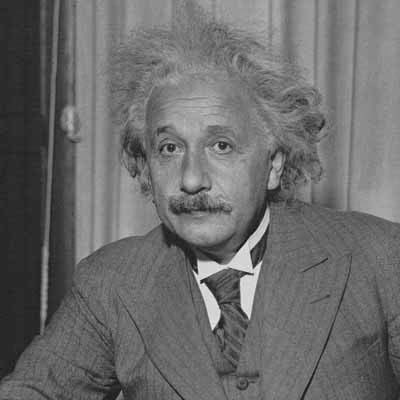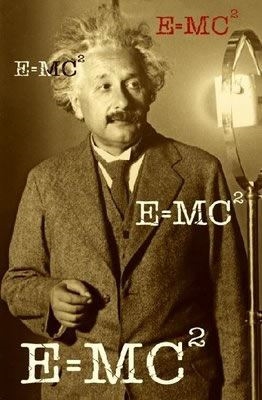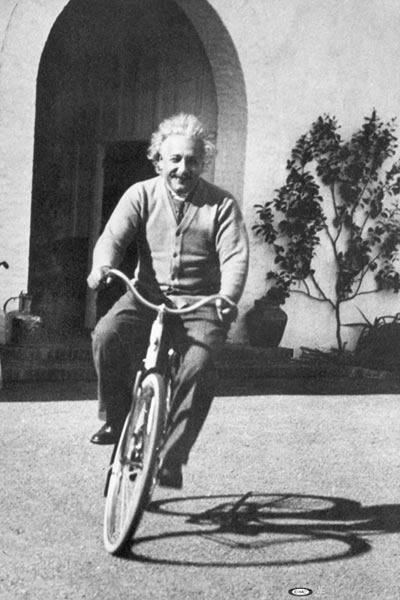 |
| Albert Einstein in youth (http://www.jca.umbc.edu/~george/images/people/einstein_young.jpg) |
There have been many great scientist and knowledgeable people on this planet but none had a start as hard as Einstein’s. Originally he struggled in elementary school, in fact Albert was such an under achiever in all subjects other than math and science that his parents suspected that he might be retarded. As it turned out, Albert preferred to learn on his own and had taught himself advanced mathematics and science by the time he was a teenager and then went on to become a world renowned scientist and inventor.
 |
| Albert Einstein seated (http://www.mediabistro.com/agencyspy/original/Albert-Einstein.jpg) |
Albert Einstein developed theories which made possible changes in the way people thought about science at the time. Before Einstein, the world could not imagine the splitting of an atom. However, with his great intelligence, Einstein introduced changes in the way people thought about time and space with his theory of relativity (e = mc2). Einstein created the belief that a better planet could be created through science.
 |
| E=mc2 |
Albert Einstein’s knowledge and theories led to the development of nuclear energy. Before Einstein was around the world had available energy from first coal, then steam, then oil. Einstein offered the opportunity for clean energy without the gas, smell and pollution caused by coal and oil, with the energy created by splitting an atom. Nuclear energy created by splitting the atom allowed for infinite opportunities without the fear of running out of the fossil fuel, instead the supply was endless.
Albert Einstein’s knowledge was great. His knowledge led to the development of the atomic bomb, which weapon, although destructive, helped end World War II, with the surrender of the Japanese. Nuclear energy could be used to develop weapons of mass destruction. The theories developed by Einstein allowed for the creation of the atomic bomb, which through the splitting of the atom would release great amounts of energy very quickly which could cause mass destruction. The first use of the atomic bomb in Japan in the cities of Nagasaki and then Hiroshima was so horrible, Japan surrendered to the United States in World War II, within weeks of such events saving the lives of many Americans which would have died if the war continued.
 |
Albert Einstein’s knowledge was so significant that he became a symbol of hope and encouragement for scientists all over the world. Einstein’s theories and experiments led to great discoveries, such as nuclear energy and the atomic bomb. The interest in science created by these discoveries encouraged many young people to enter into the field of science. Many discoveries built such as nuclear power on the theories and work of Einstein, all of which are a credit to influence and fame of this great scientist.
Page created on 10/26/2010 4:13:10 PM
Last edited 10/26/2010 4:13:10 PM
